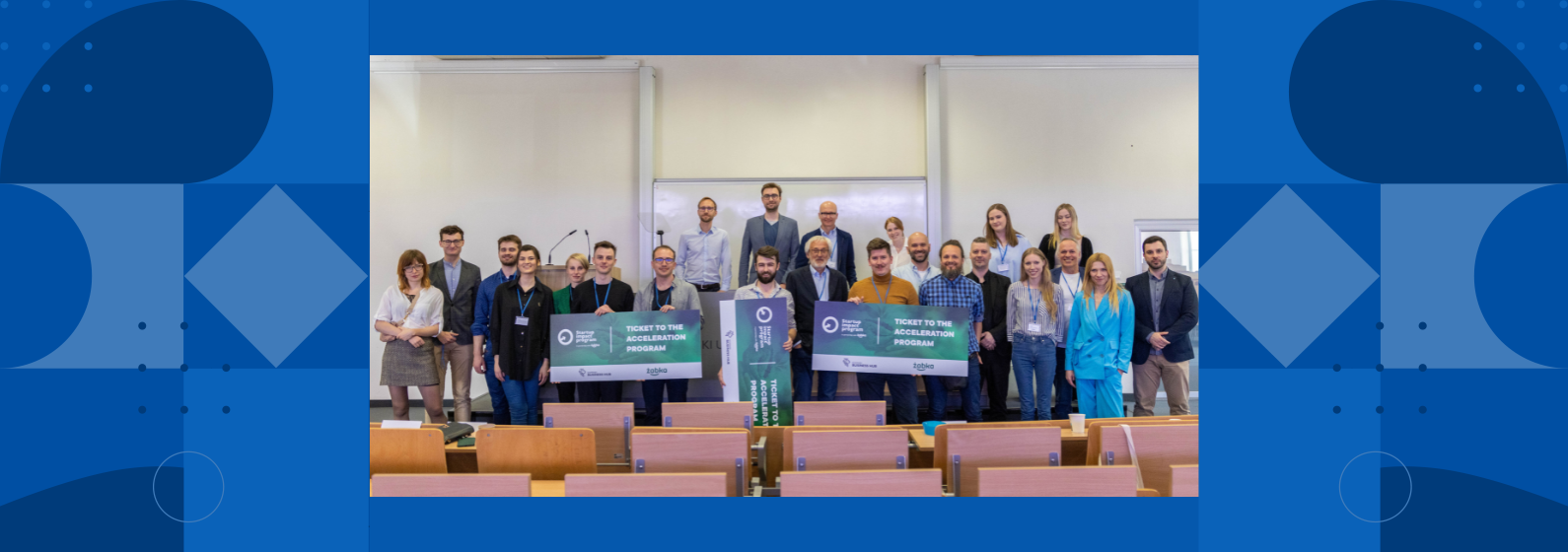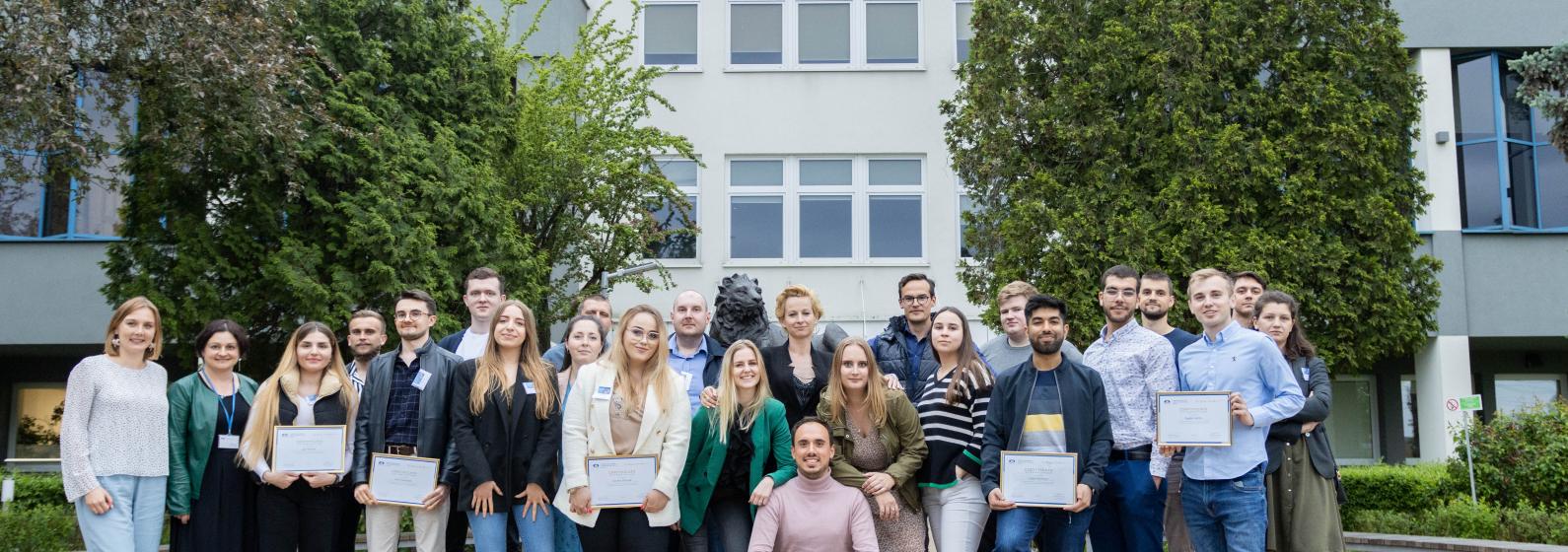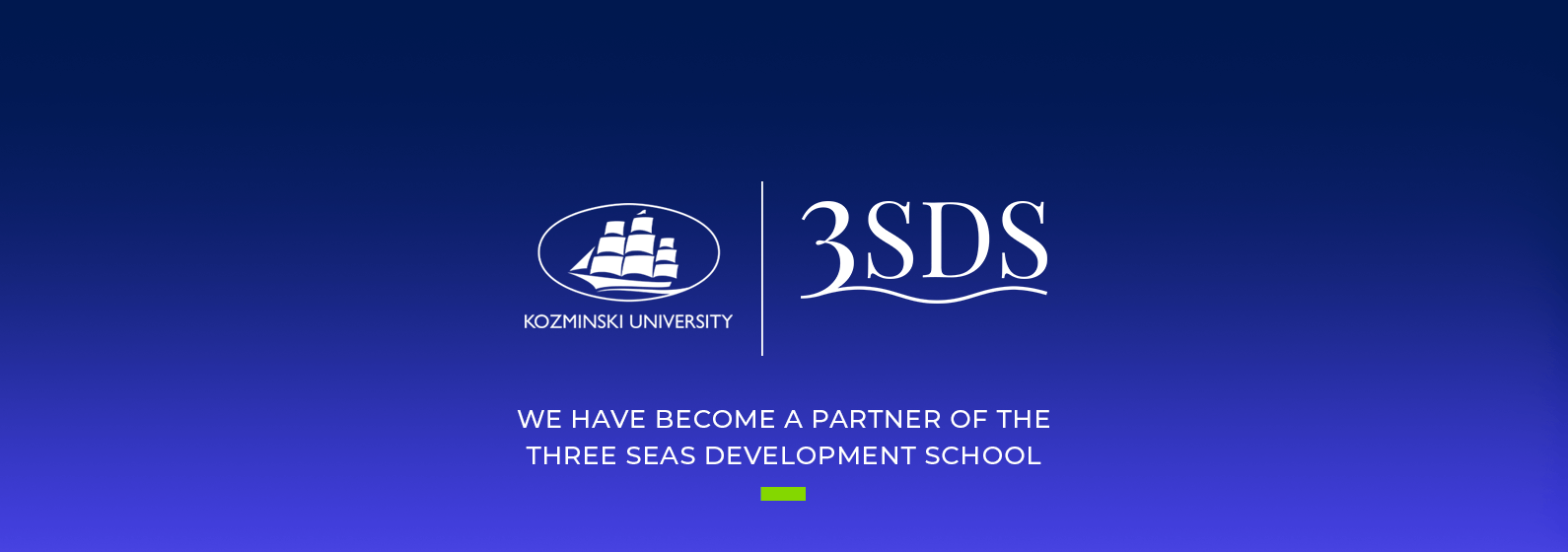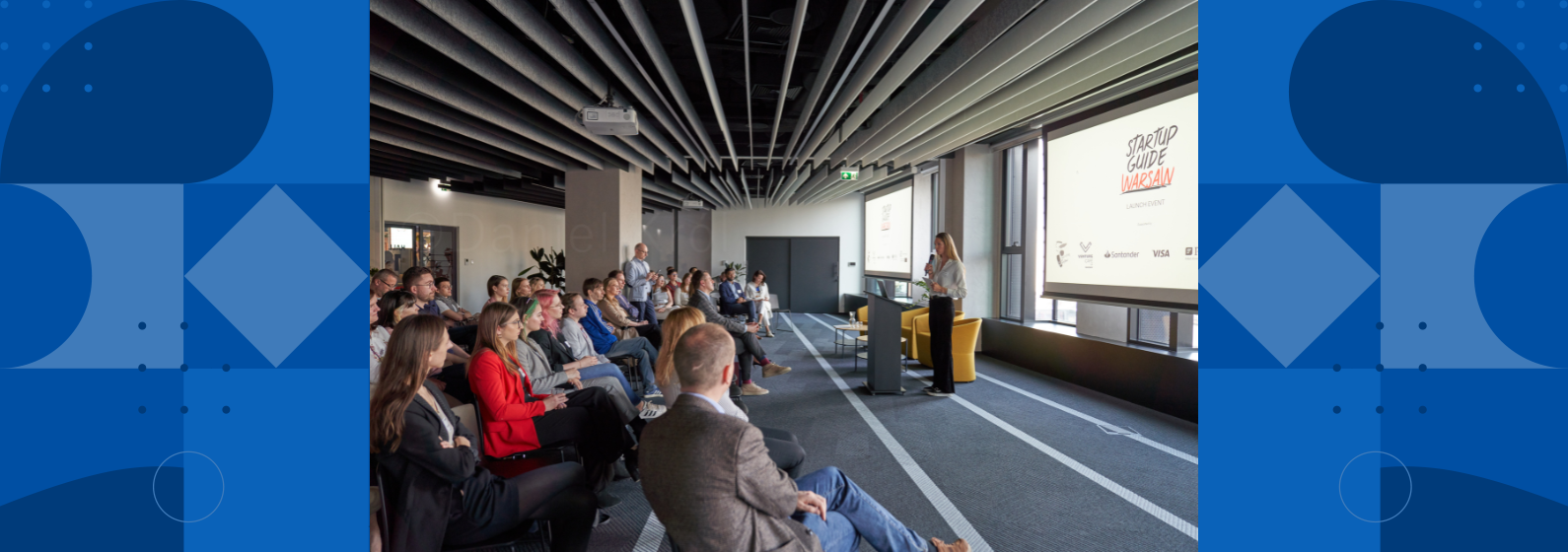In the HR industry, several significant trends are shaping the way that human resources are managed and influencing organizational development. The job market is facing significant changes, and companies that can adapt to the new reality may gain a competitive advantage. This applies to employers, HR managers, and employees alike.
How is the HR market changing?
Managers and HR directors play a central role in companies, becoming initiators of changes in business strategies. They are increasingly referred to as people & culture managers, who are strategic partners in business management. Their main goal is to create workplaces with a focus on shared values, inclusivity, flexibility, empathy, and employee development. The future and financial results of the company largely depend on the actions of managers. Leaders should provide solutions that help navigate the right direction and effectively go through transformations. We are currently experiencing an employee-driven job market rather than an employer-driven one. The expectations and needs of specialists have changed. We can observe a growing significance of flexible forms of employment, such as remote work or freelancing. Employees increasingly expect flexibility and work-life balance. Organizations need to adapt to these expectations by offering flexible work options and creating suitable organizational structures.
Putting the Employee First
Managers now are focused on the overall well-being of employees, encompassing a sense of security, health, shared values, and interpersonal relationships. This is what employers expect from their leaders. We can already see that for many organizations, employee experience has become a priority. Employee experience focuses on creating positive employee experiences at every stage of the employment cycle. It impacts recruitment processes, onboarding, employee development, compensation management, benefits, and organizational culture. Creating a satisfying employee experience helps retain talent and increase employee engagement.
The success of a company depends on being aware of changing HR challenges and trends. High salaries are not the most critical criterion for higher-level specialists. While a higher salary can still influence the decision to stay with a company, values and work environment play an equally significant role. Such an environment prevents burnout and enhances team effectiveness. This is confirmed, among others, by a survey (source) conducted by Michael Page among 5,000 employees and candidates across Europe. 75% of respondents stated that they want to work for a company committed to corporate social responsibility (CSR). For 97% of respondents, human rights are the most critical value in this area.
Utilizing New Technologies
Innovative technologies and process automation not only accelerate the development of HR departments but also have a crucial impact on shaping future job roles sustainably. Team leaders have the opportunity to implement new solutions in companies that significantly influence the company's development. By leveraging new technologies and streamlining operations, managers can focus on what matters most to them: building a future-oriented team. Unfortunately, transformation still occurs too slowly in many companies, which may lead to a decrease in competitive advantage. Modern solutions, including process automation and artificial intelligence (AI), facilitate recruitment and HR management. Technologies take over routine tasks, which means HR departments are relieved of some duties. For example, the time-consuming process of analyzing candidates' resumes can be performed by an AI-based tool. Based on defined criteria, the tool extracts application documents from individuals with desirable characteristics and experience. Contrary to appearances, new technologies will not take jobs away from HR managers. Instead, they can improve decision-making quality. Currently, collaboration between people and artificial intelligence can yield excellent results.
Seeking Future Competencies
Employers are aware of the difficulty of attracting qualified specialists while not preparing for a growing talent deficit that may occur over the next few years. HR departments in many organizations do not know what competencies to look for. This is due to the transformation and uncertainty about the future. The World Economic Forum in the Future of Jobs 2023 report (source) indicated that over 40% of workers will undergo changes in competencies by 2025. One of the key reasons is automation. Everything indicates that technology development will accelerate, particularly in the areas of AI and robotics. To find valuable specialists with the right skills, HR managers should focus on enhancing their own competencies. Currently, they are expected to possess both hard and soft skills, including data analysis, change management, employer branding, creativity, critical thinking, flexibility, willingness to learn, openness to new solutions, and technological skills.
One way to address the competency gaps is through training and courses. Companies will be forced to intensify their efforts in upskilling and reskilling, creating new strategies for improving and changing competencies. Modern training programs should be tailored to the changing technological reality. As a business school supporting managerial competencies, we offer unique educational programs for individuals specializing in the HR industry:
Postgraduate studies in HR Business Partner aim to equip HR specialists with comprehensive knowledge and key skills for the HR Business Partner position. The program focuses, among other things, on the role and function of an HR Business Partner in a company, strategic models in a firm, performance management, talent management, meeting techniques, internal negotiations, personnel controlling, and aspects related to labor law.
Postgraduate studies in Human Resource Management for HR managers are recommended for individuals holding directorial and managerial positions in human resource management departments in companies. The program covers key strategic and efficiency-related issues in human resource management. Participants will learn, among other things, how to create and implement HR strategy in a company, effectively manage the HR department, strengthen the role of HR in the organization, conduct economic evaluations of HR activities, and resolve labor law issues.
Postgraduate studies in Positive Organization - Well-being and Health in the Workplace focus on a holistic and interdisciplinary approach to individuals and organizations. It is the first program in Poland in the field of well-being and health development in the workplace. Participants will acquire key competencies for the effective implementation of comprehensive development strategies, as well as learn how to manage well-being and health at the individual, team, and organizational levels, increase employee engagement and effectiveness, and enhance their company's competitive advantage.








